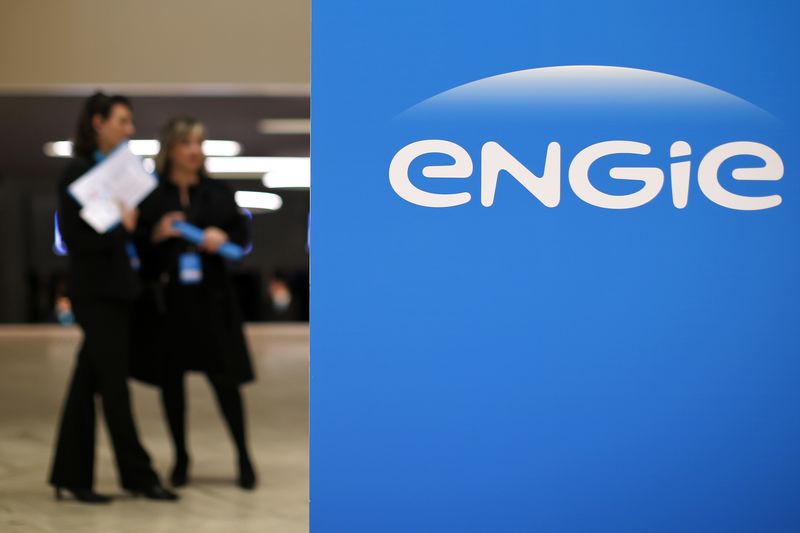By Sonali Paul
MELBOURNE (Reuters) - France's Engie SA (PA:ENGIE) has pressed for higher bids for its Loy Yang B coal-fired power plant in Australia following the release of a national energy security plan that encourages the use of coal, one of the bidders said on Monday.
Delta Electricity, which submitted a final bid backed by private equity firm Apollo Global Management by an initial mid-September deadline, said on Monday that Engie had sought further bids this month, without saying how much the seller was looking for.
Australia's conservative government announced a plan last week to impose a National Energy Guarantee (NEG), requiring energy retailers to tap power sources including coal-fired plants to ensure electricity supply remains stable. [nL4N1MS17Q]
Delta's Managing Director Greg Everett said his privately owned utility wouldn't raise its offer.
"We haven't dropped out," Everett told Reuters, not saying how much Delta-Apollo had offered.
But Everett said Delta wasn't prepared to participate in what he referred to as "a 'Dutch auction' process" - a sale that starts with a high asking price but ends when a buyer raises its offer to a level the seller was privately willing to settle for.
Everett said Alinta Energy, owned by Chow Tai Fook Enterprises (CTFE), and China Resources Power Holdings Co Ltd (HK:0836) have submitted new bids. He didn't say how much was on the table in the new offers.
CTFE declined to comment on Monday and China Resources was not immediately available for comment.
Engie declined to comment on whether it had extended the bidding process due to the government's NEG plan. "Should a sale proceed, it will be announced by the end of the year," an Engie spokesman said.
The plan would potentially make Loy Yang B more valuable, according to Delta's Everett.
"The NEG has changed the landscape," Everett said.
Bids by the Chinese firms and Delta's U.S.-based partner Apollo need approval from Australia's Foreign Investment Review Board for their bids.
Delta has secured approval for Apollo's backing for up to a 45 percent stake, Everett said, adding that at a time when the country's eastern states are facing tight power supply, assets like Loy Yang B should be majority-owned by Australians.
"We see this as a critical asset," Everett said.
